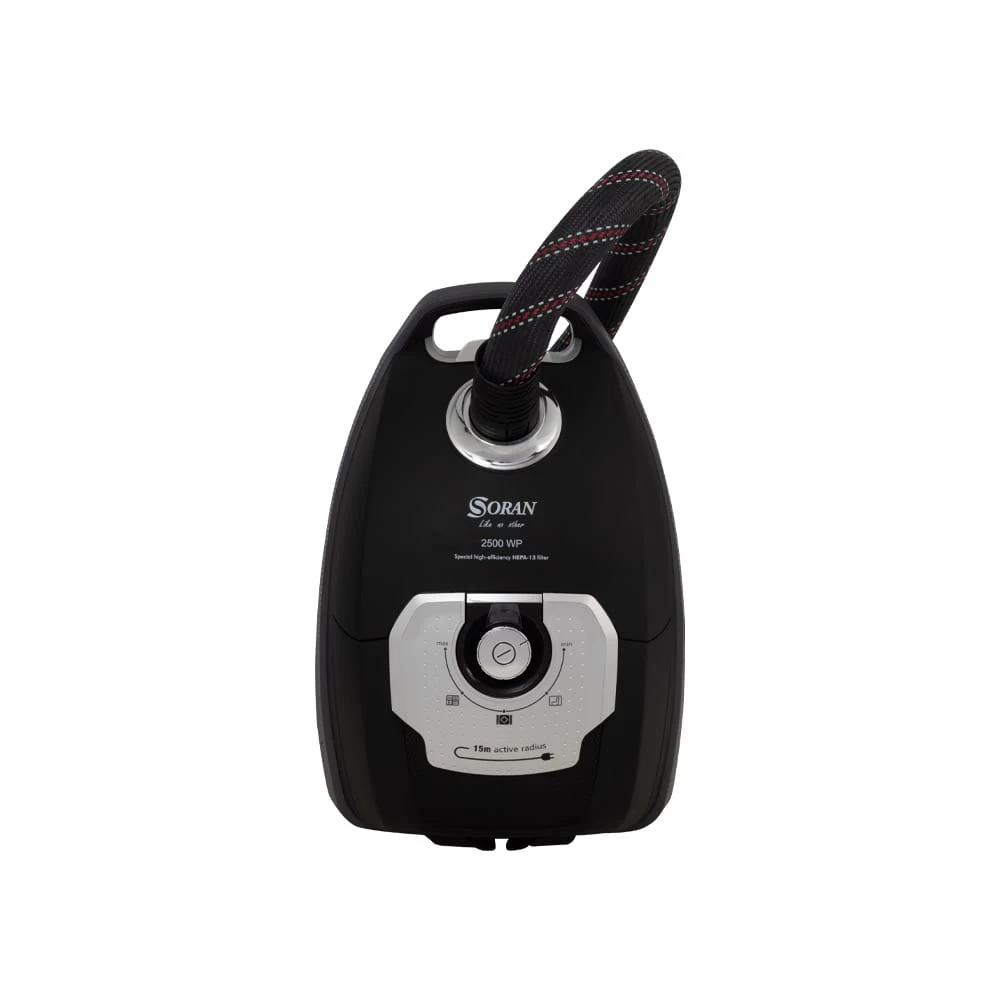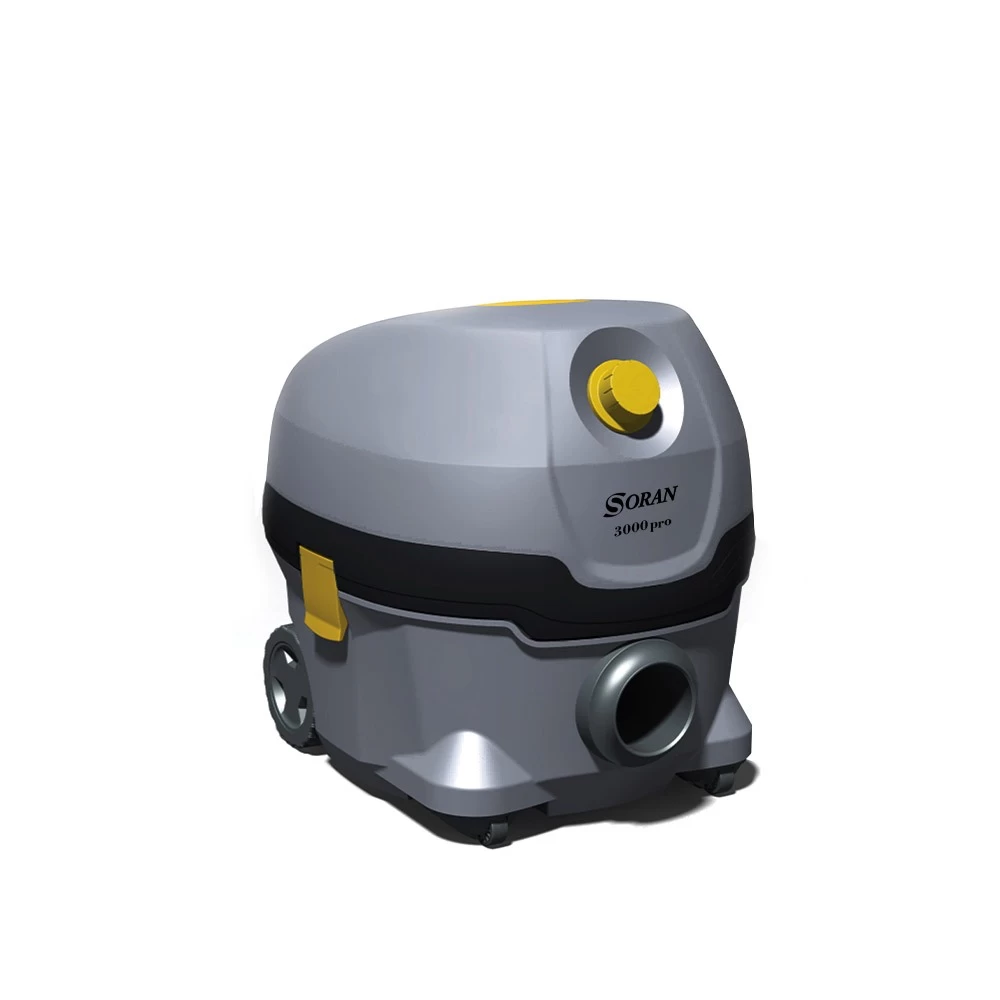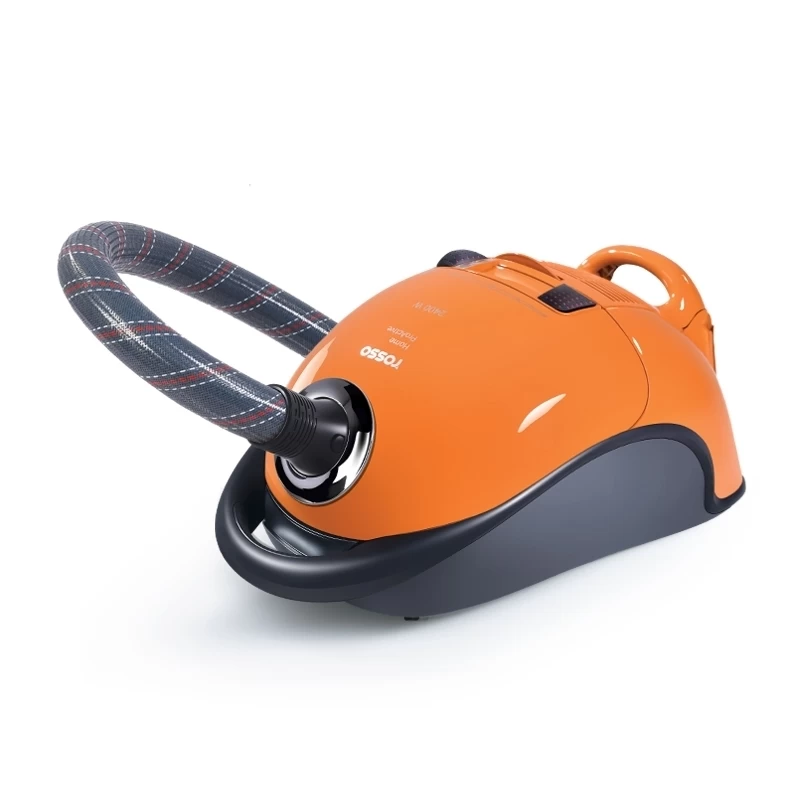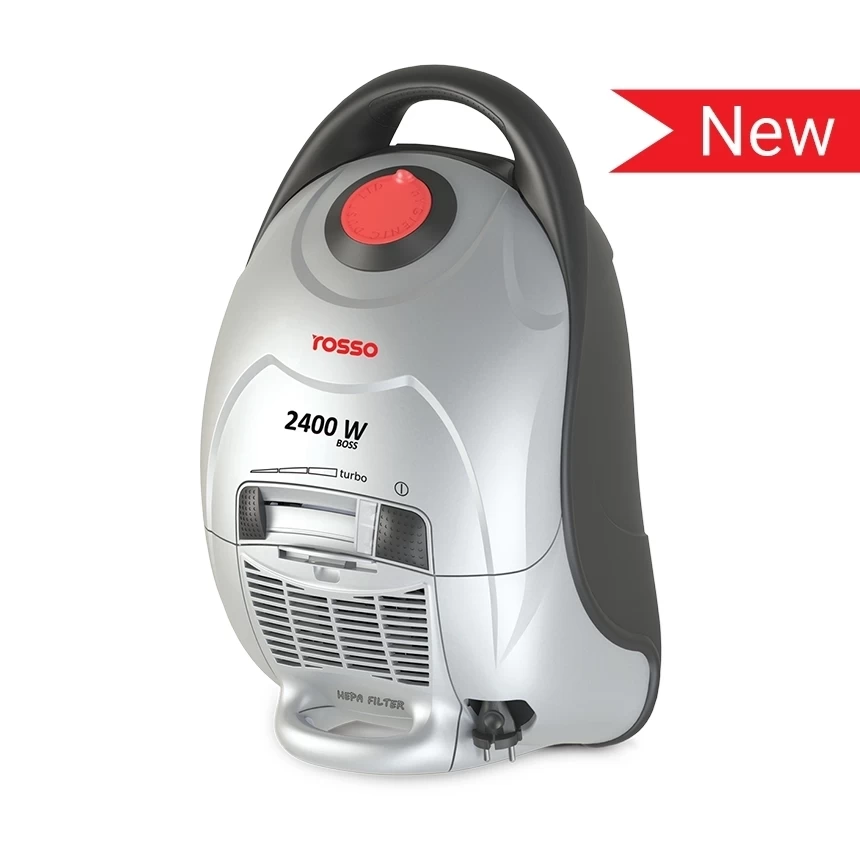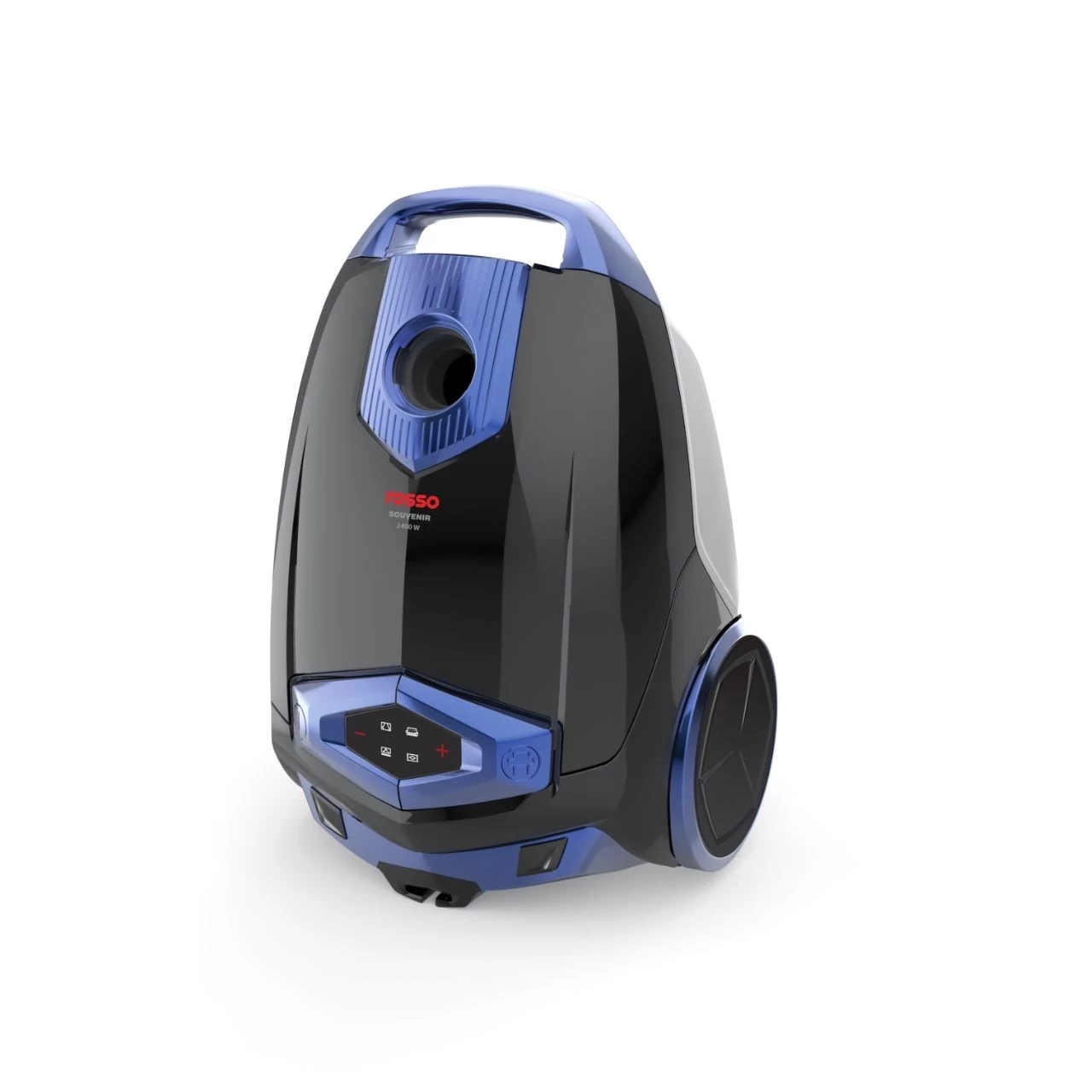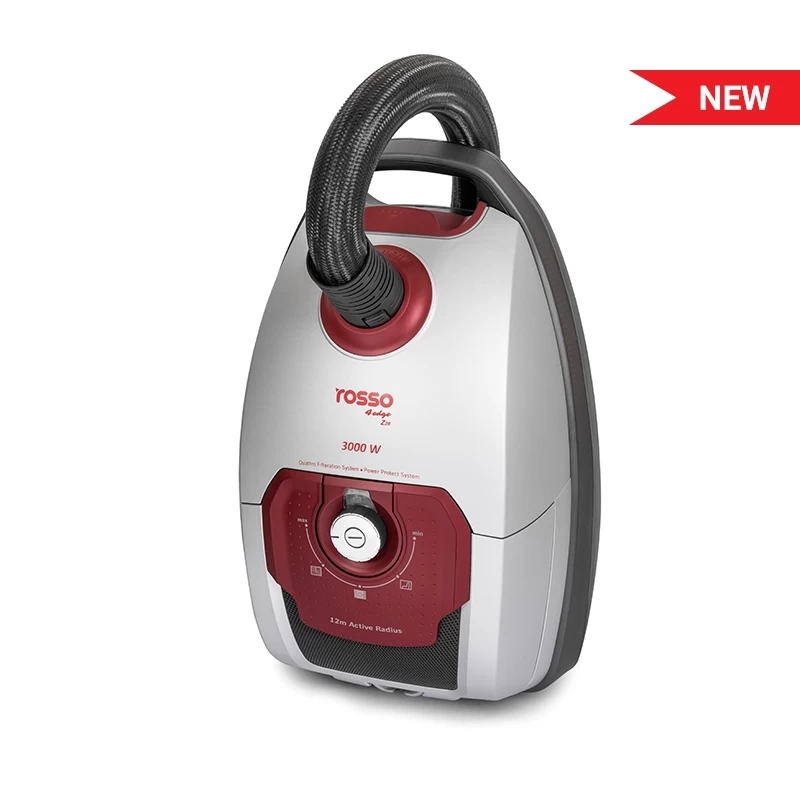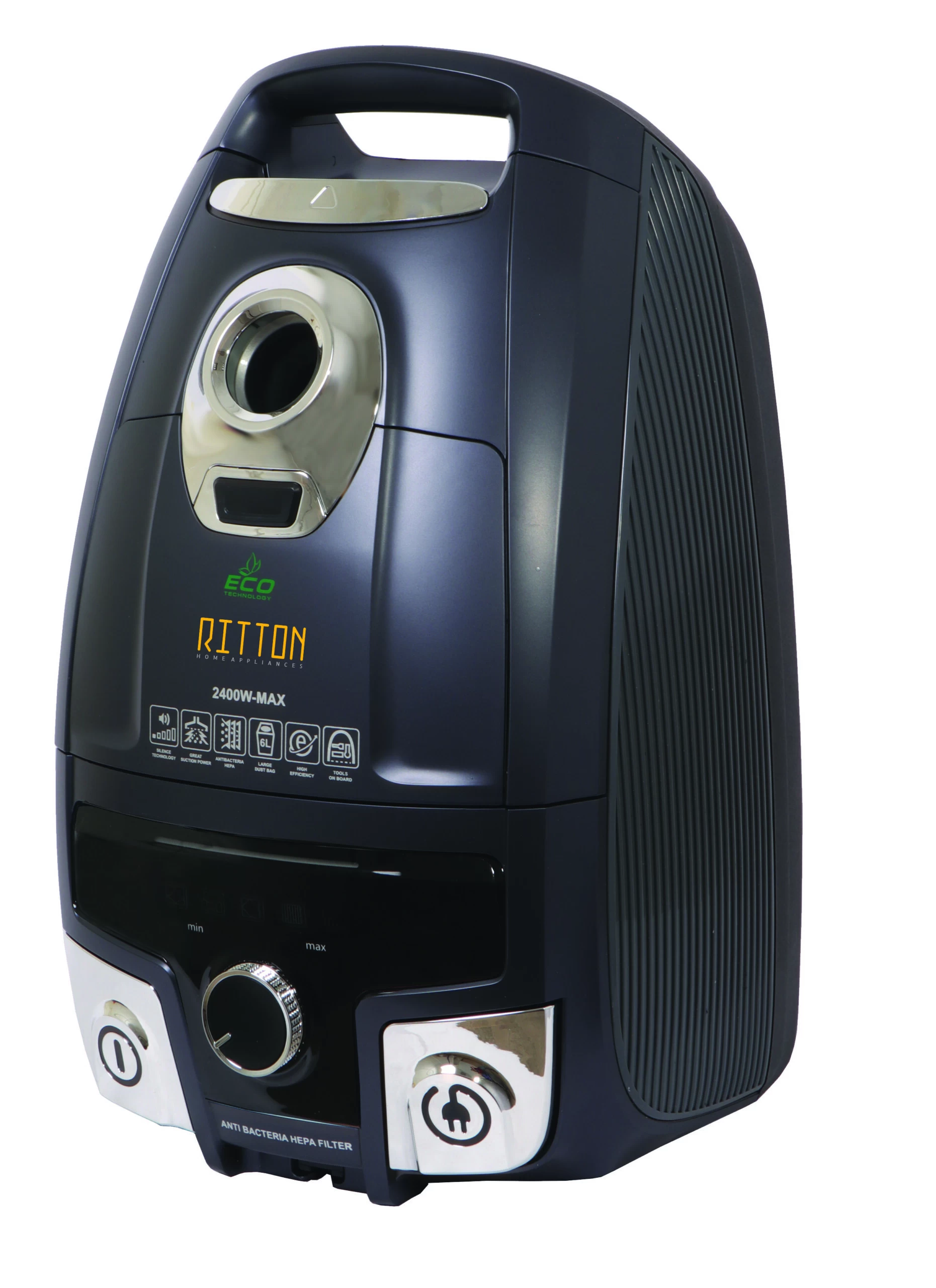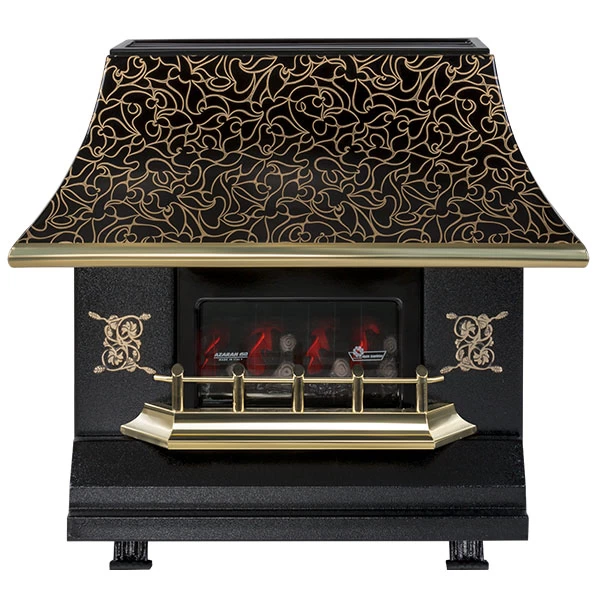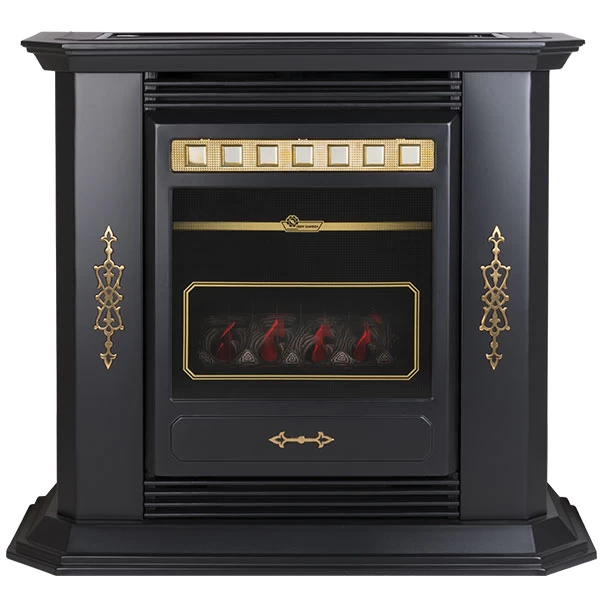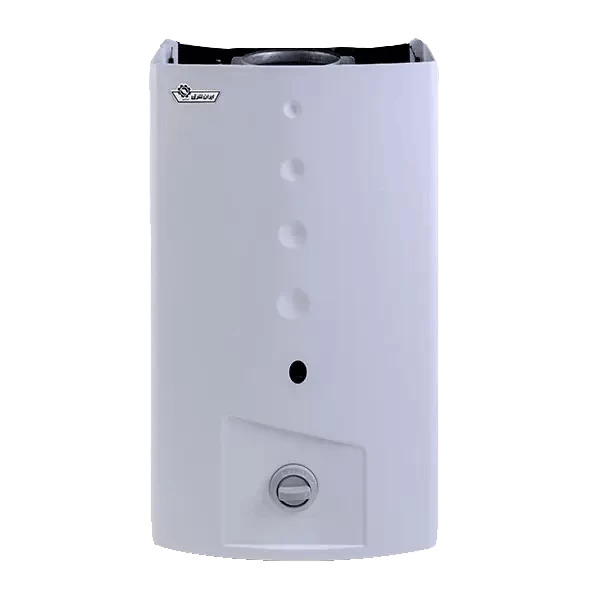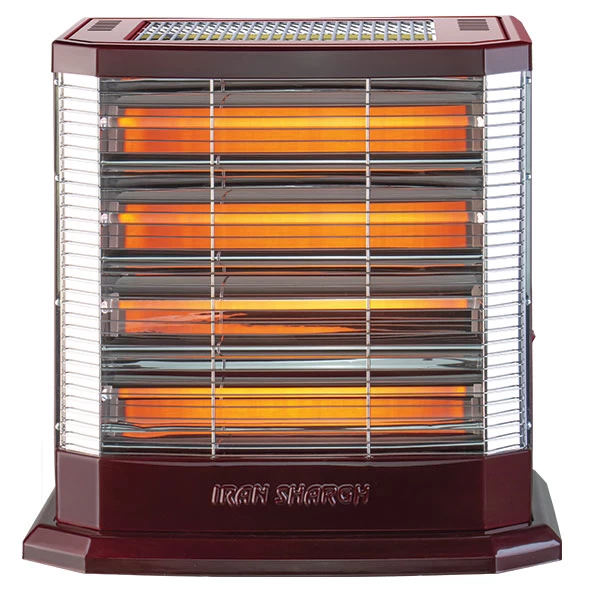Home Appliances
Home appliances are essential devices designed to perform specific tasks, simplifying daily life. Refrigerators keep food fresh by maintaining low temperatures, while freezers store frozen items. Ovens and microwaves facilitate cooking, offering varied methods to prepare meals. Dishwashers automate dish cleaning, saving time and effort.
Washing machines and dryers handle laundry efficiently, ensuring clean and dry clothes. Vacuum cleaners remove dust and debris from floors, maintaining a tidy environment. Air conditioners regulate indoor temperature for comfort, and heaters provide warmth during colder seasons.
Coffee makers brew the perfect cup, catering to caffeine enthusiasts. Toasters and blenders streamline breakfast and snack preparation. Electric kettles quickly boil water for various purposes. Smart home technology integrates appliances for remote control and automation.
Televisions and sound systems enhance entertainment experiences. Computers and laptops support work, study, and leisure activities. Irons and steamers maintain clothing appearances. Electric fans provide cooling in warmer weather. Hairdryers and straighteners assist with personal grooming.
These appliances contribute to a modern, convenient lifestyle, offering efficiency and ease in managing household tasks. Advancements in technology continue to improve their functionality and energy efficiency, aligning with the evolving needs of homeowners.
Home appliances encompass a diverse range of devices designed to serve specific functions within a household. This includes refrigerators for food storage, ovens and microwaves for cooking, dishwashers for automated dish cleaning, washing machines and dryers for laundry care, vacuum cleaners for cleaning floors, and air conditioners for temperature regulation.
Additionally, there are small appliances like coffee makers, toasters, blenders, and electric kettles that aid in food and beverage preparation. Smart home technology integrates these appliances for remote control and automation, enhancing convenience.
Entertainment appliances like televisions and sound systems contribute to leisure. Computers and laptops support various activities, while grooming appliances such as irons, steamers, hairdryers, and straighteners address personal care needs.
These appliances collectively facilitate a comfortable and efficient lifestyle, streamlining daily tasks and contributing to the overall functionality of a modern home.
The advantages of home appliances are numerous and significantly contribute to the convenience and efficiency of daily life. Some key benefits include:
1. Time-saving: Appliances automate various tasks, reducing the time and effort required for activities like cooking, cleaning, and laundry.
2. Convenience: Home appliances enhance convenience by simplifying complex tasks and providing quick solutions for daily chores.
3. Efficiency: Modern appliances are designed for optimal performance, often using advanced technologies to achieve energy efficiency and cost savings.
4. **Improved Quality of Life:** These devices contribute to a higher quality of life by providing comfort, entertainment, and simplifying routine tasks.
5. Health and Hygiene: Appliances like refrigerators and dishwashers contribute to better food storage and hygiene practices, promoting overall health.
6. **Comfort:** Air conditioners and heaters ensure a comfortable indoor environment, adapting to different weather conditions.
7. Entertainment: Televisions, sound systems, and other entertainment appliances enhance leisure time, offering a wide range of content and experiences.
8. Connectivity: Smart home technology allows for remote control and automation, offering increased connectivity and control over household devices.
9. Productivity: Computers, laptops, and other work-related appliances support productivity in professional and educational endeavors.
10. Versatility: The diverse range of appliances caters to various needs, making them versatile tools for different aspects of daily living.
Collectively, these advantages make home appliances integral components of modern living, enhancing comfort, efficiency, and overall well-being.


Ensuring the quality of home appliances involves considering several factors before making a purchase:
1. Brand Reputation: Choose reputable brands known for manufacturing reliable and durable products. Research customer reviews and ratings to gauge customer satisfaction.
2. Energy Efficiency: Look for appliances with high energy efficiency ratings. Energy Star labels indicate that the product meets specific energy-saving guidelines.
3. Warranty: Check the warranty offered by the manufacturer. A more extended warranty period often indicates the company's confidence in the product's quality.
4. Product Reviews: Read reviews from other consumers to learn about their experiences with the appliance. Pay attention to both positive and negative feedback.
5. Testing in-store: If possible, visit a store to physically inspect the appliance. Check for build quality, material used, and any potential design flaws.
6. Certifications: Ensure that the appliance complies with safety and quality standards. Look for certifications from relevant authorities.
7. Research Features: Understand the features and specifications of the appliance. Compare them with your requirements to ensure they meet your needs.
8. Compare Prices: While cost is not the sole indicator of quality, extremely low prices may indicate subpar materials or construction. Compare prices across different retailers.
9. Ask for Recommendations: Seek advice from friends, family, or online communities. Personal recommendations can provide valuable insights.
10. Check Return Policies: Confirm the return policy of the retailer in case the appliance doesn't meet your expectations. A flexible return policy adds an extra layer of assurance.
By combining these considerations, you can make an informed decision and increase the likelihood of selecting high-quality home appliances that meet your specific requirements.
Small appliances are typically small household electrical machines, also very useful and easily carried and installed. Yet another category is used in the kitchen, including: juicers, electric mixers, meat grinders, coffee grinders, deep fryers, herb grinders, food processors,electric kettles, waffle irons, coffee makers, blenders, rice cookers,toasters and exhaust hoods.
A home appliance is a piece of equipment that serves a domestic purpose. An appliance may also be referred to as a household appliance, electrical appliance, or gas appliance.
_1710607317.jpg)

The main purpose of a home appliance is to conduct a task, such as cooking food, washing clothes, grinding ingredients, or brewing coffees. Home appliances may be found everywhere in the home including the kitchen, laundry room, and basement.
The price of home appliances ranges based on the type of appliance, quality, materials, and brand name. Other factors may also influence price, including size or efficiency.


A home appliance is a piece of equipment that serves a domestic purpose. An appliance may also be referred to as a household appliance, electrical appliance, or gas appliance.
_1710607317.jpg)

FAQs
Why do people use home appliances ?
Convenience, efficiency, time-saving, comfort, entertainment, health, productivity, versatility, and improvement to quality of life.
What are major appliances for home?
Major home appliances include: 1. Refrigerator 2. Oven 3. Microwave 4. Dishwasher 5. Washing machine 6. Dryer 7. Vacuum cleaner 8. Air conditioner 9. Heater 10. Television
What's the advantage of home appliances?
Time-saving, convenience, efficiency, comfort, entertainment, health, productivity, versatility, improved quality of life.
Are the home appliances allowed to export?
Home appliances are generally exportable, but compliance with country-specific regulations is essential.
 +7929688-88-14
+7929688-88-14

 English
English
 Persian
Persian
 Russian
Russian
 Chinese
Chinese


 +7929688-88-14
+7929688-88-14


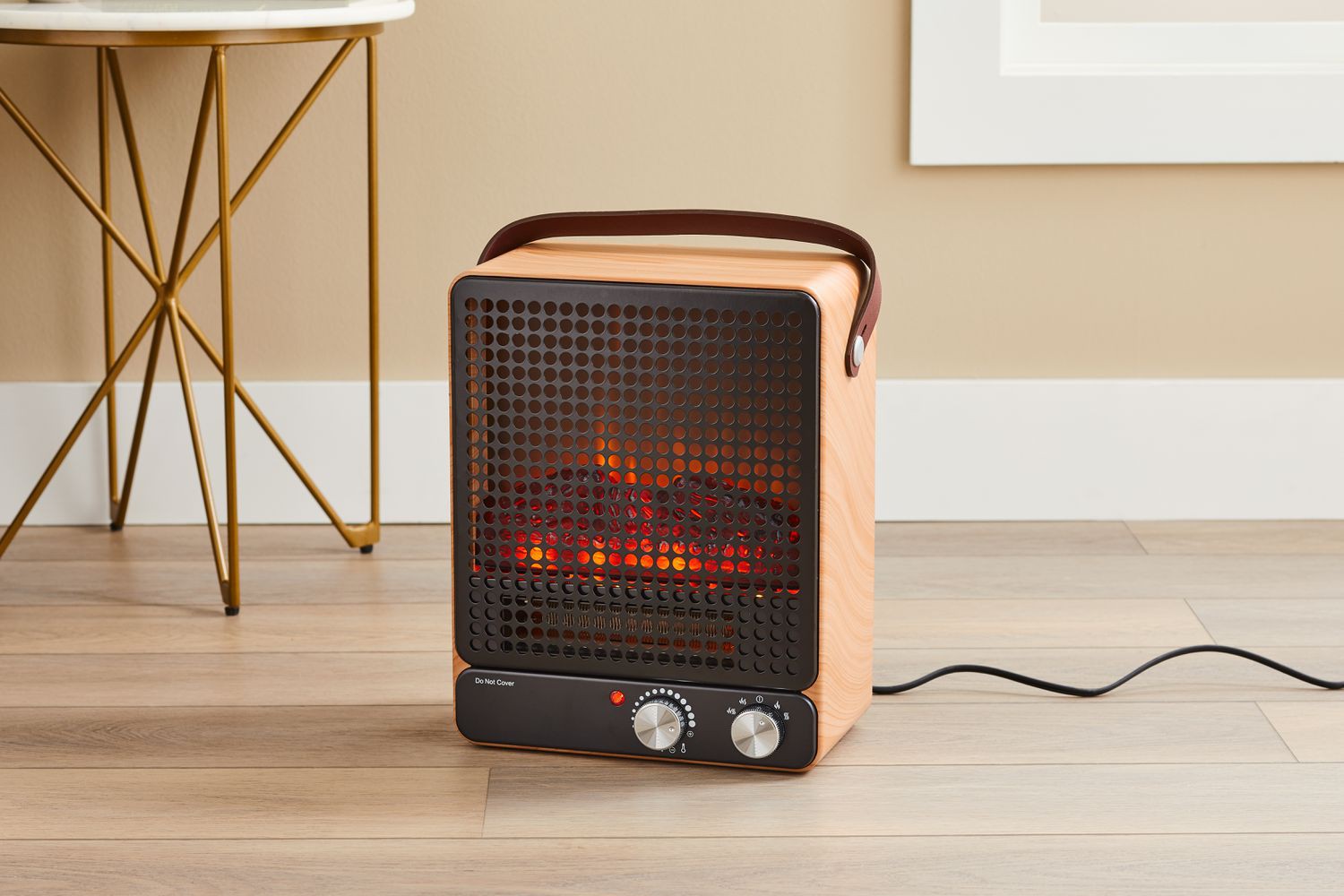

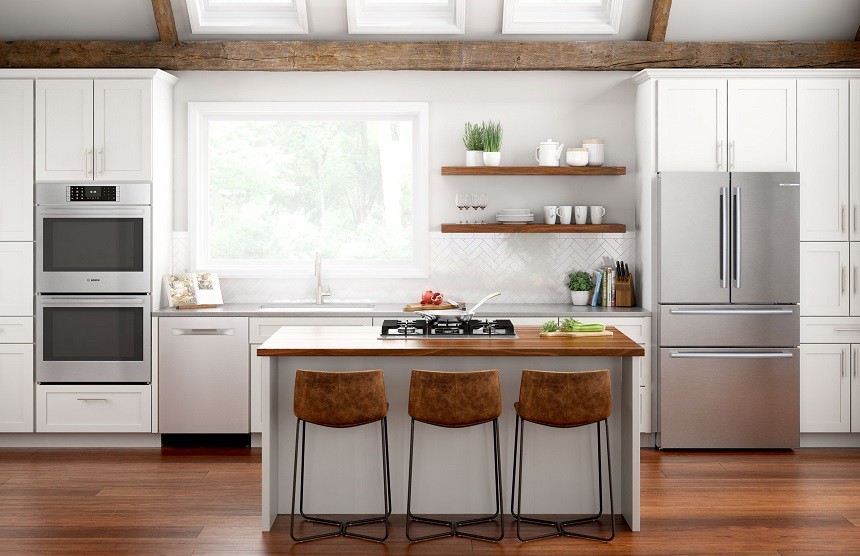


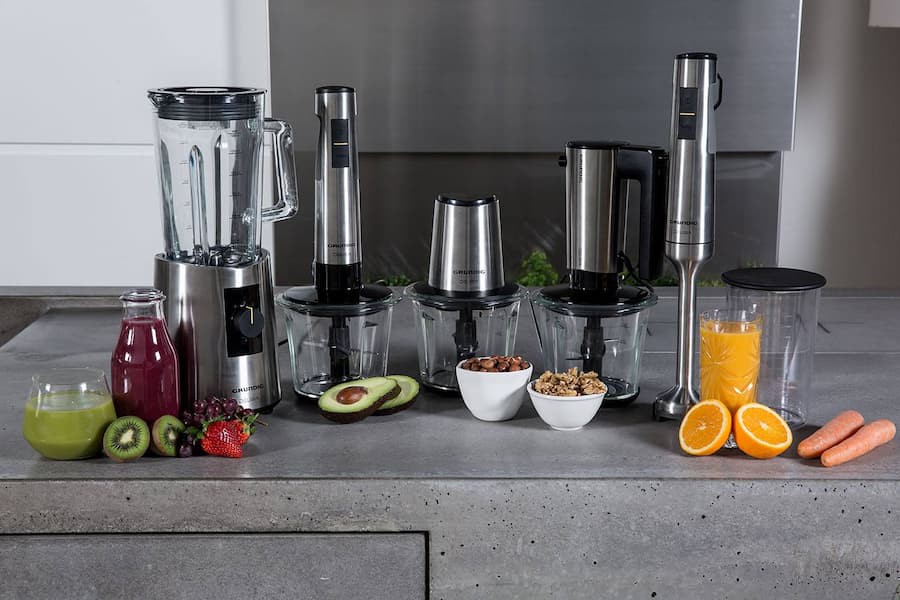
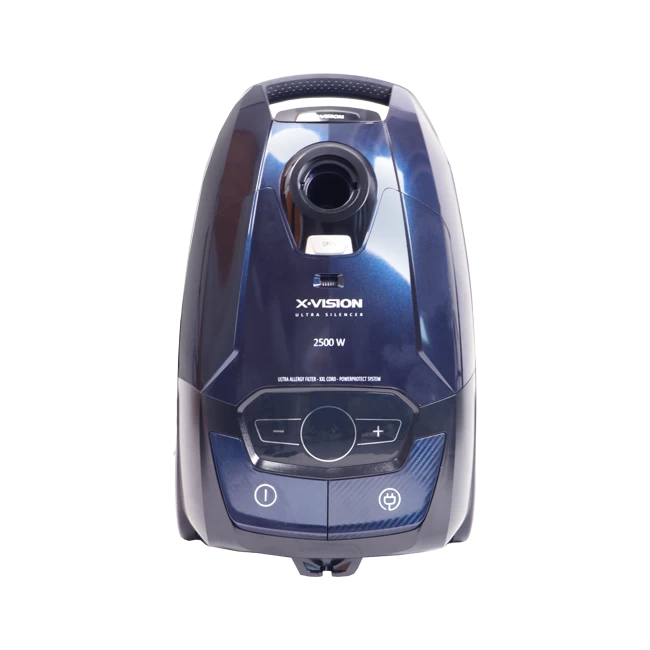
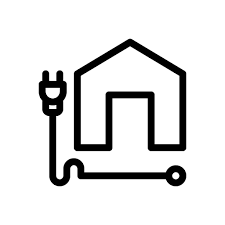
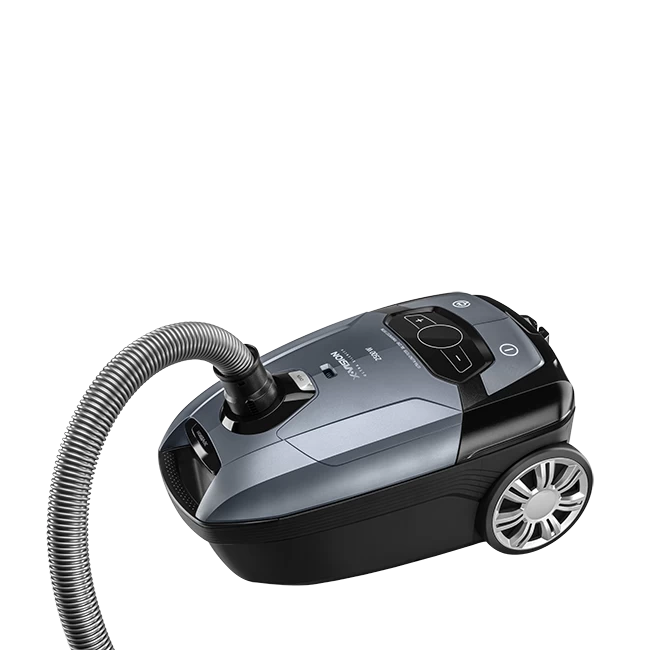
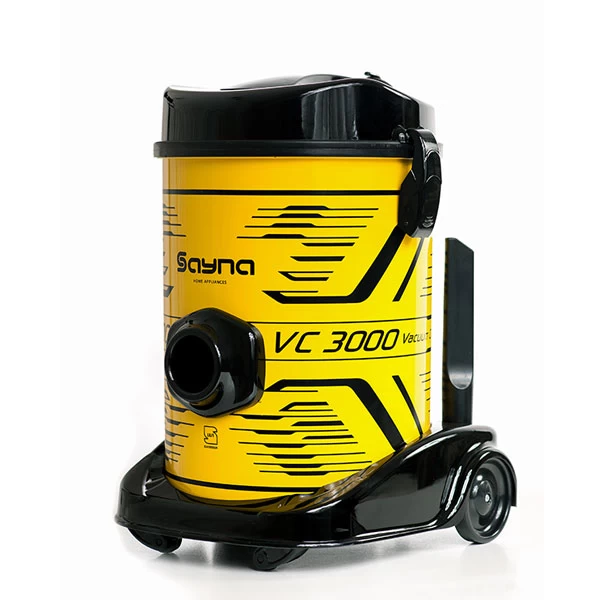
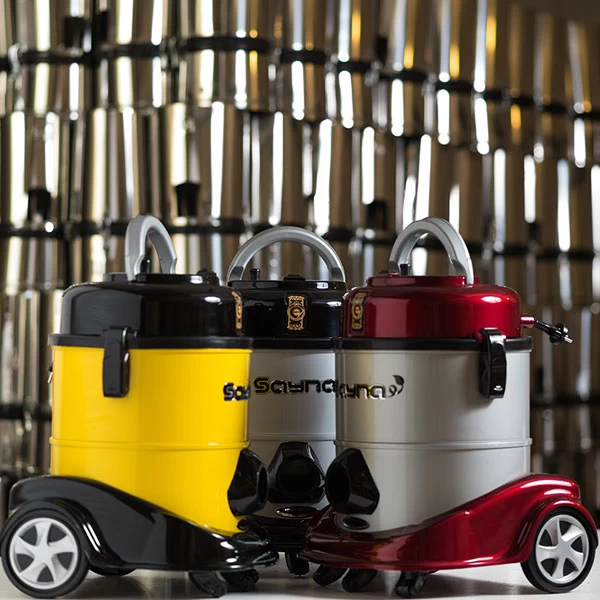
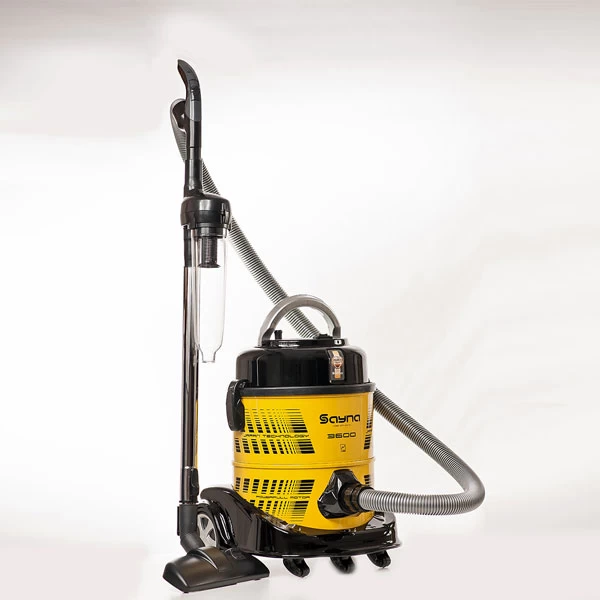
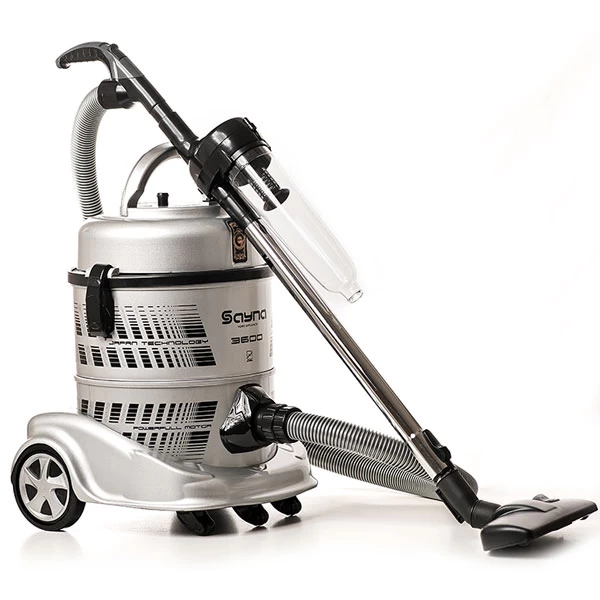
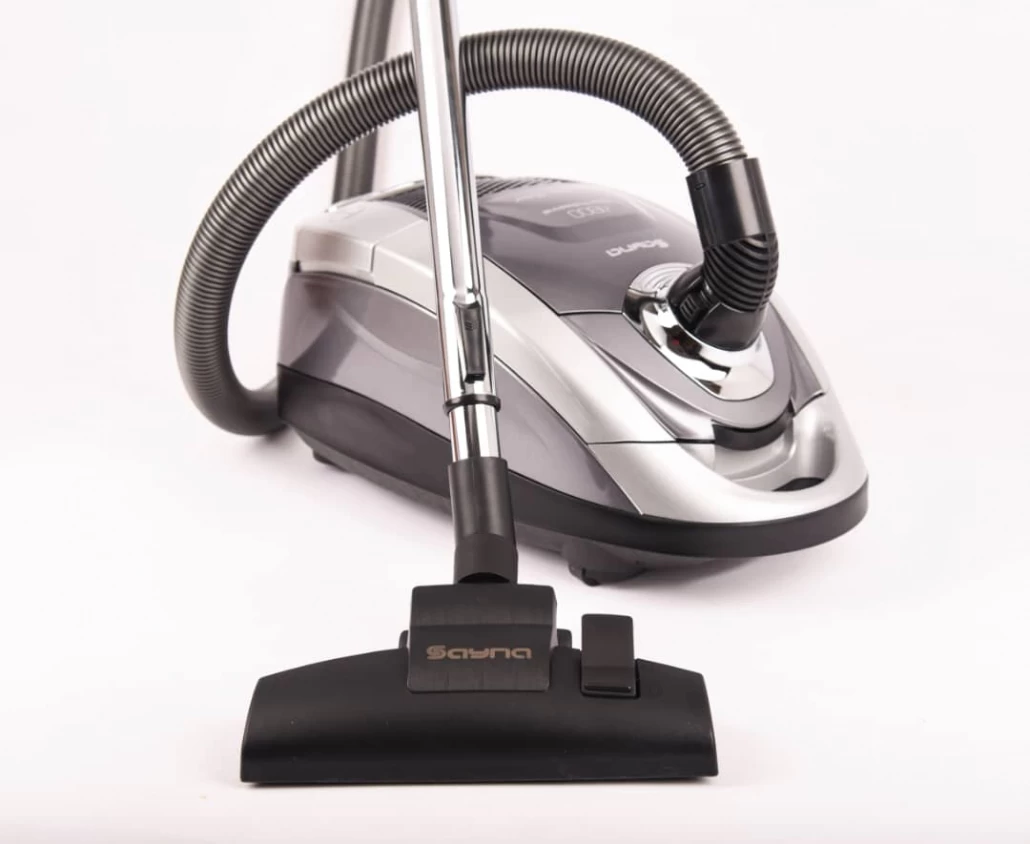
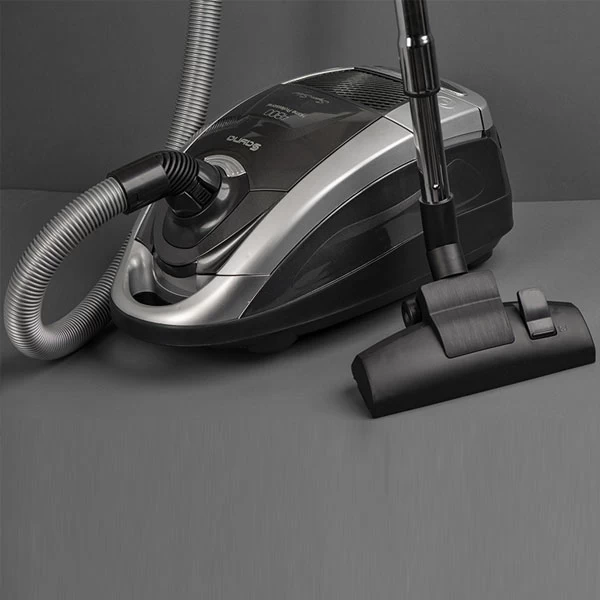
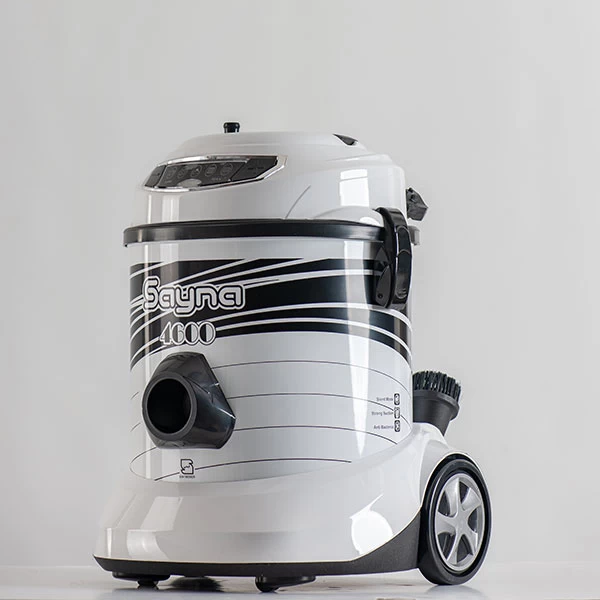
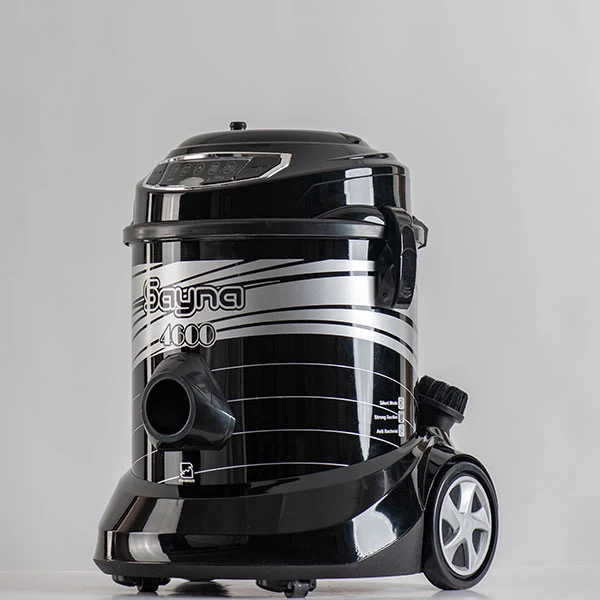
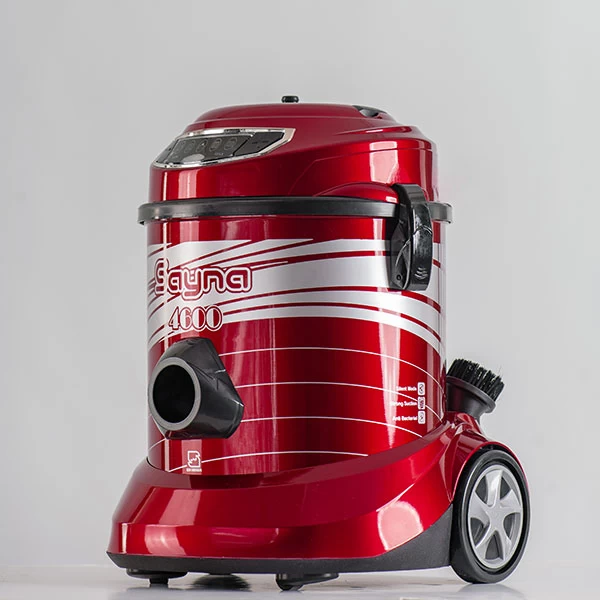
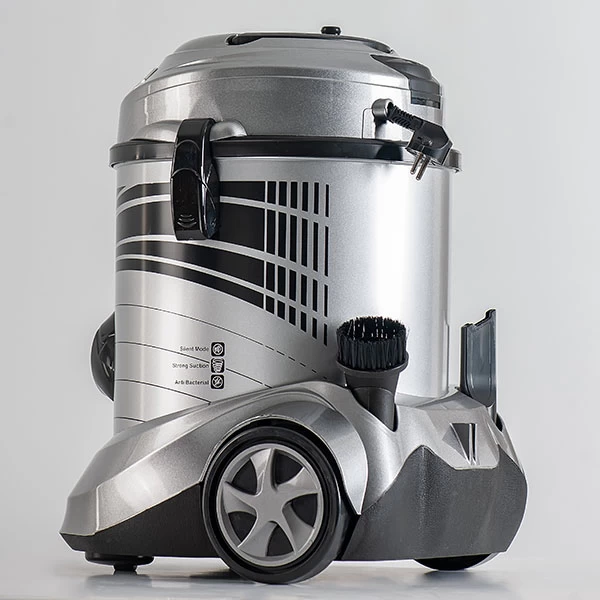
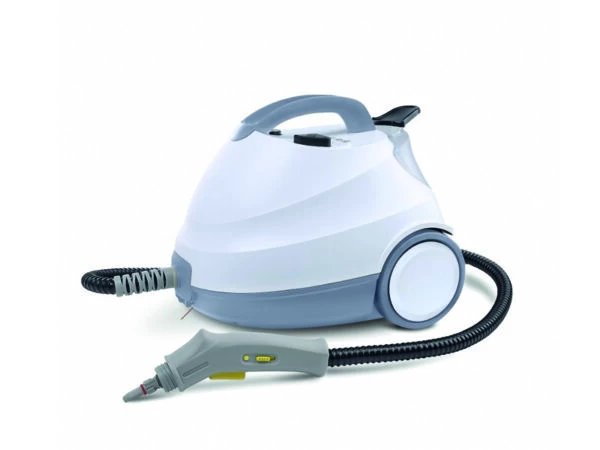
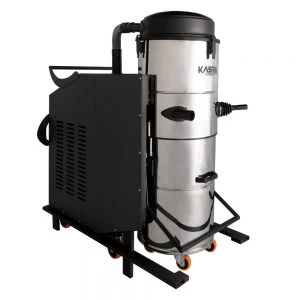
.webp)
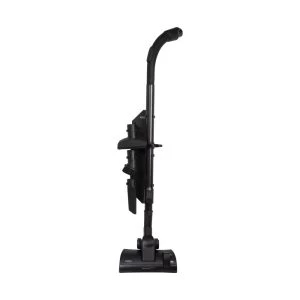
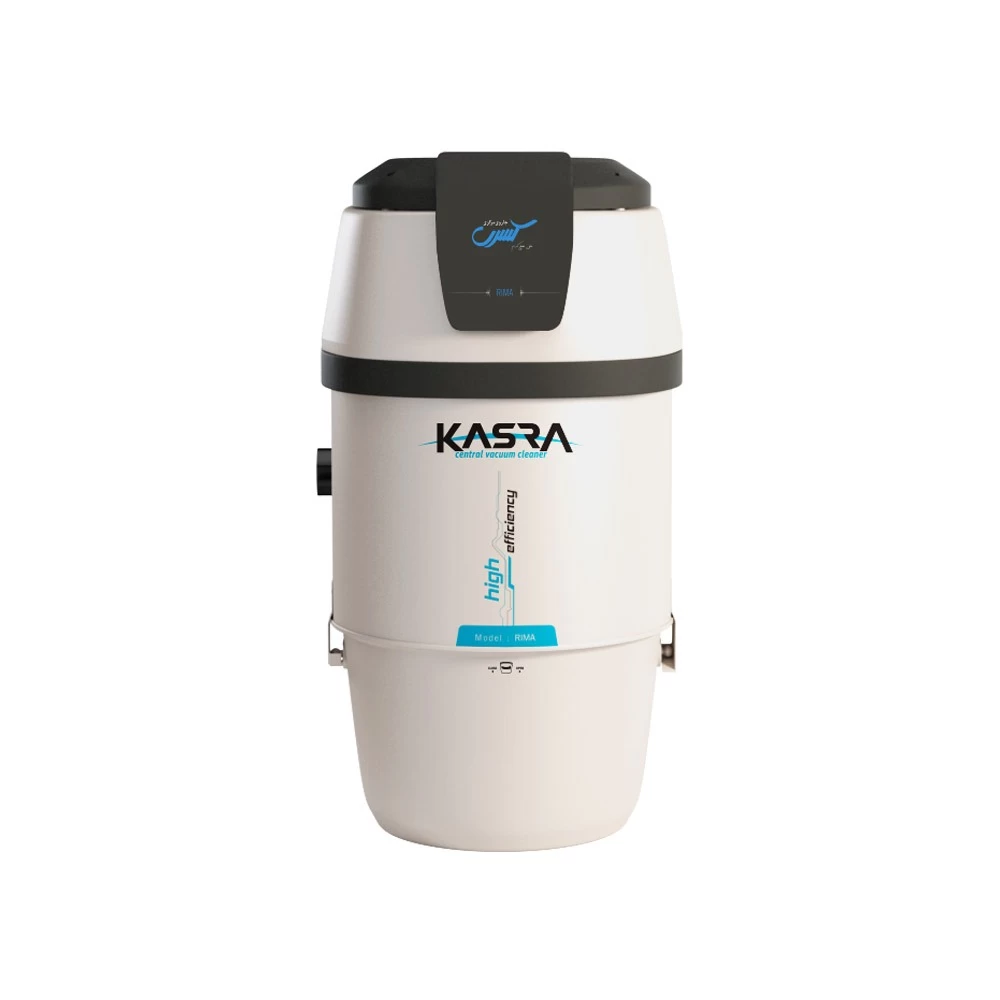
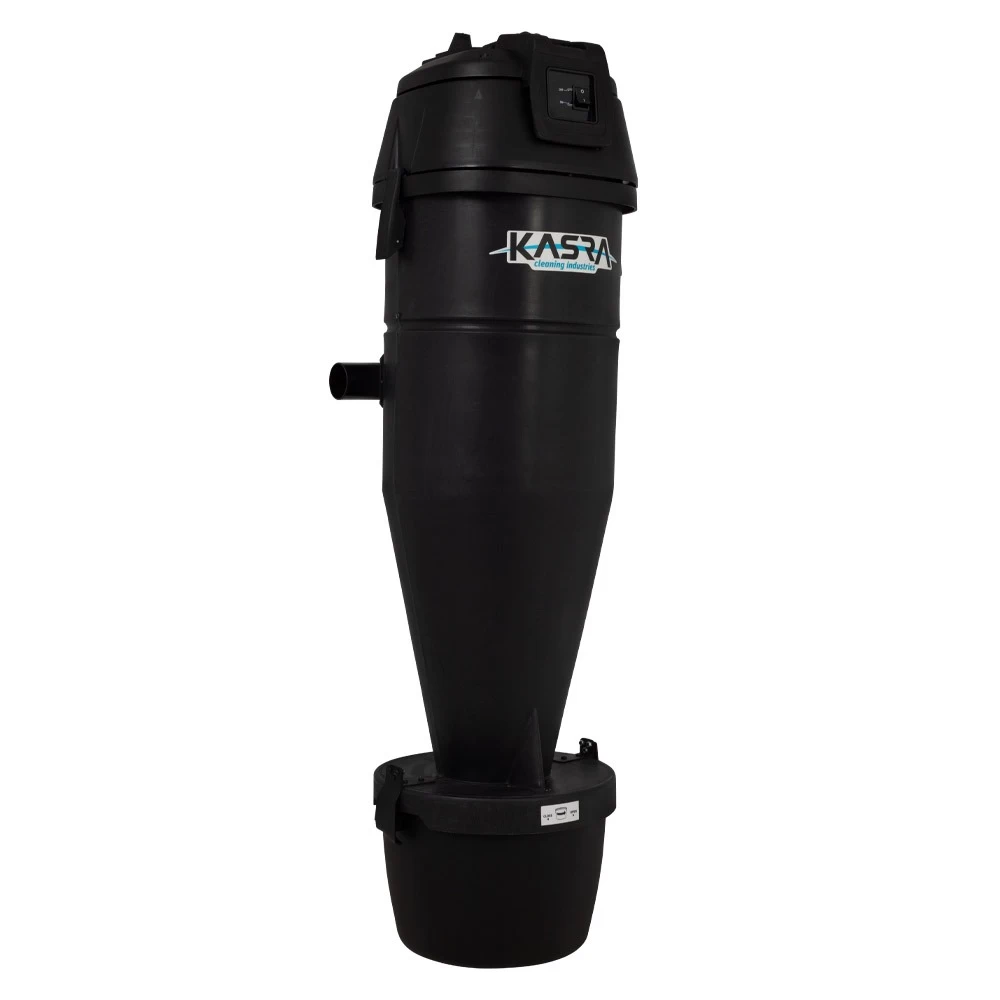
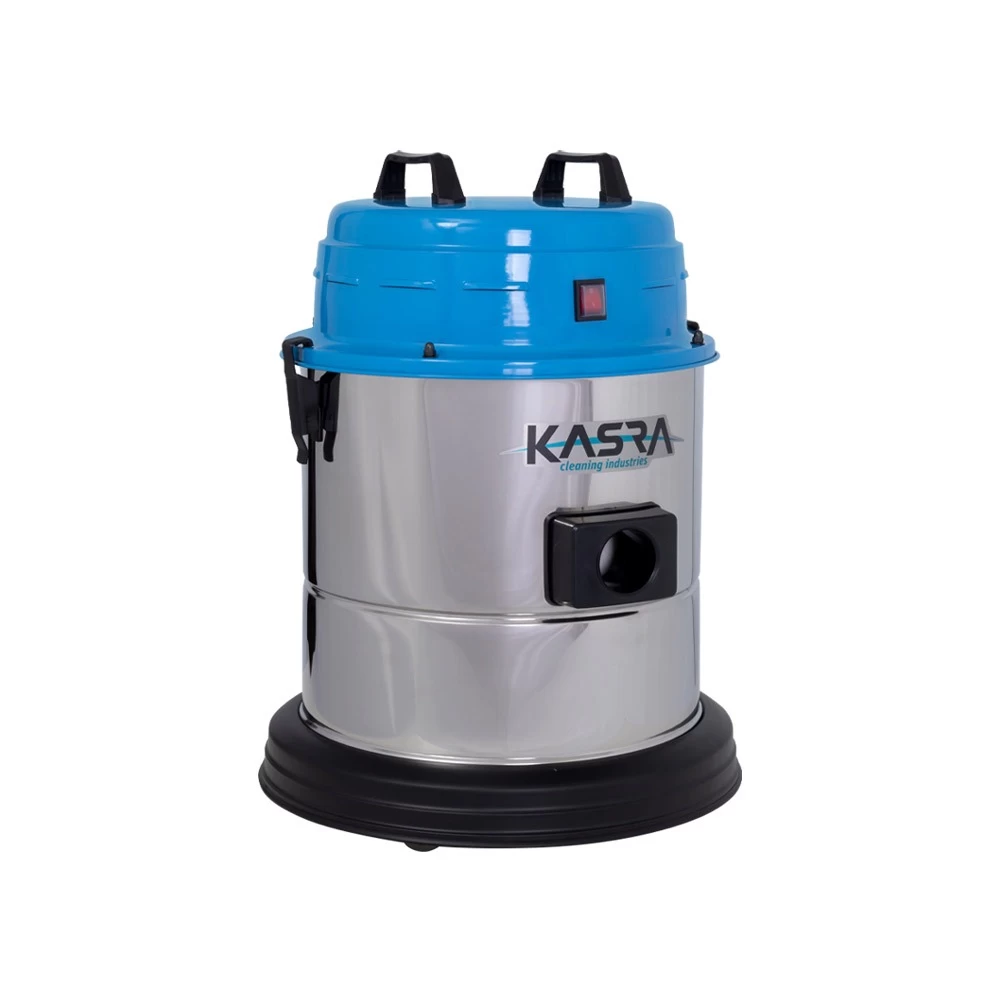
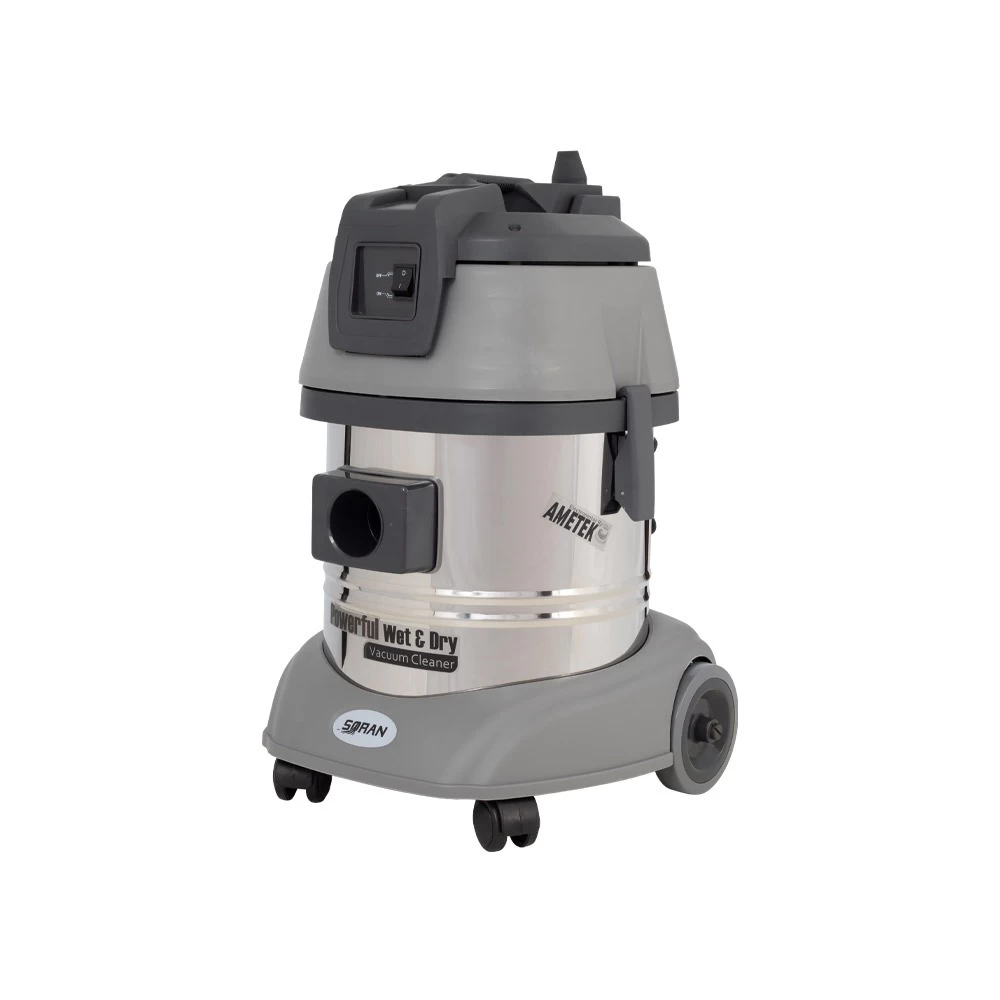
.webp)
